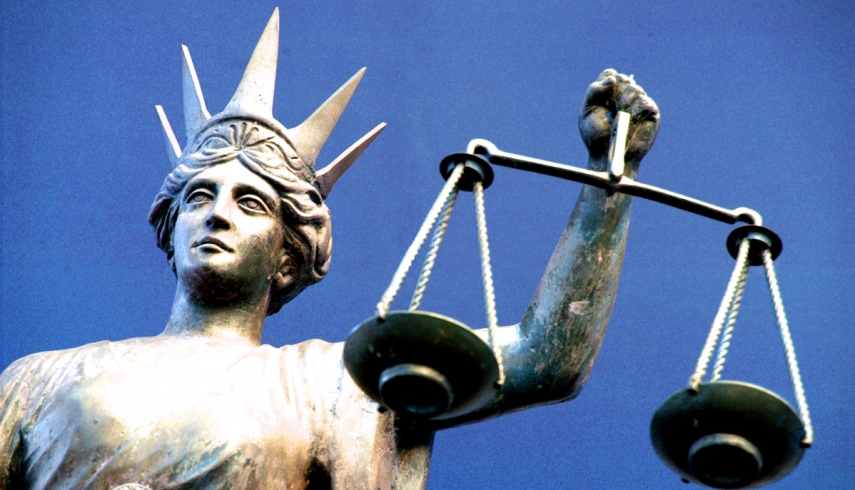A St Albans man who was sentenced to 10 years jail for importing a commercial quantity of cocaine had his appeal against the length of his sentence dismissed in court last week.
Quyen Van Hoang, 23, pleaded guilty last year to attempting in 2015 to possess a commercial quantity of cocaine and trafficking cocaine. He was sentenced in the County Court to 10 years’ imprisonment with a non-parole period of six years.
Hoang moved to Australia from Vietnam in January, 2014 on a Higher Education Student Visa, undertaking a business management course at the Melbourne campus of the University of Central Queensland. The court heard he struggled to adapt to life in Melbourne due to his limited English.
His lack of English improvement meant he could no longer continue his studies in 2015, and it was then that he became involved in drug trafficking.
Police began investigating Hoang’s activities in October, 2015. Surveillance caught him attempting to possess two consignments of cocaine, a total of nearly five kilograms, hidden in printer toner cartridges. Police phone surveillance caught Hoang speaking to a contact in Vietnam about the shipment.
On November 18, 2015, Hoang was intercepted by police and a search of his car and house uncovered 3.63 kilograms of cocaine with a street value of more than $2.6 million.
Hoang argued in the Court of Appeal that his sentence was manifestly excessive given his youth and plea of guilty.
Justices Phillip Priest and Stephen McLeish said Hoang was a key member of the criminal enterprise and a strong message must be sent to the community.
“Given his pivotal role … the appellant’s moral culpability is high,” they said.
“Moreover, general deterrence and the need for stern punishment must be given prominence in any sentence imposed upon him.
“When proper regard is had to the very serious nature of, and the appellant’s role in, the offending, the contention that the sentence imposed is manifestly excessive cannot be upheld.
“We consider that the appellant’s youth and prospects of rehabilitation are given appropriate recognition in the non-parole period.”








